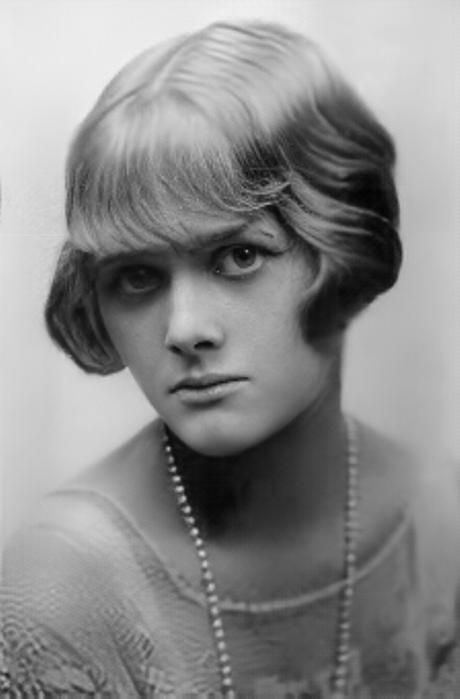At the suggestion of a friend, I recently watched the documentary Daphne du Maurier in Rebecca’s Footsteps. I confess I haven’t read much of du Maurier’s work, yet. From a family fairly well off, du Maurier, perhaps unusually for a writer, found early success and was able to make a living from writing. Like many authors she valued her time alone, but also had basic human needs. In keeping with her gothic sensibilities, she fell in love multiple times, both with men and women. And she lived in that kind of fantasy world that fiction writers often inhabit. For some reason I had it in my head that she had died young, many years ago. It was somewhat surprising to learn that she lived until I was 26. I can make the legitimate excuse that I didn’t grow up in a literate family, though. I learned about du Maurier from my wife.
 Copyright released photo, author unknown; via Wikimedia Commons
Copyright released photo, author unknown; via Wikimedia Commons
That doesn’t mean, however, that I didn’t know her works. I first saw Alfred Hitchcock’s The Birds when I was in college. In those days I hadn’t yet learned to pay attention to who the writer of a film was. That intimate interplay between written literature and film easily ties me into celluloid knots. My wife is a Hitchcock fan and together we watched some of his earlier du Maurier adaptations, such as Jamaica Inn. Then she introduced me to Rebecca, du Maurier’s early and best-known novel. We watched the Hitchcock rendition. The documentary makes the point that du Maurier’s life, in some ways, played out that novel. Writing can be a dangerous business, especially fiction.
My own most recent book, on The Wicker Man, which I hope will see the light of day, brought me back into du Maurier’s orbit. The Wicker Man was, of course, nearly disowned by the studio that had sponsored it (British Lion). Half-hearted about the effort, they made it a B movie, showing it after Don’t Look Now, a film I admit that I’ve never seen. I learned from watching this documentary that this was yet another du Maurier story. I’ve read one or two of her short pieces—they aren’t commonly found in American bookstores, although I see them whenever I visit England—and clearly I need to read more. That brings up, however, the age-old dilemma: should I try to read the story before I see the movie? I think I know what du Maurier’s answer would have been, and I think it wise to follow her advice.
